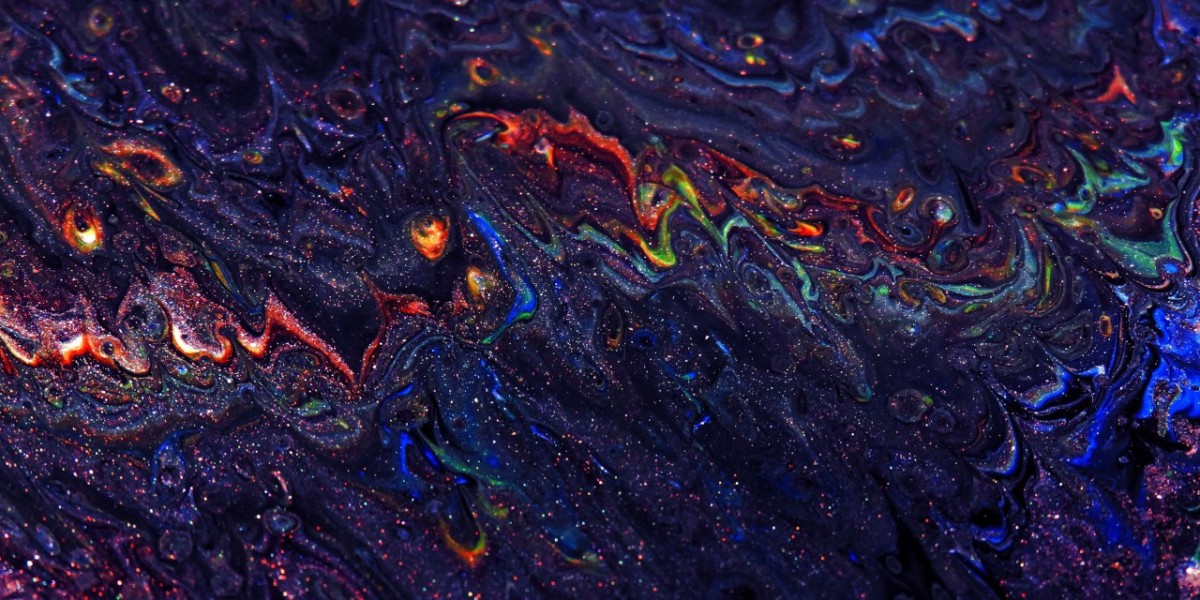Introduction:
The year 1963 was marked by a tragic event that shook the entire world - the assassination of President John F. Kennedy. On a sunny November day in Dallas, Texas, the unthinkable would happen, forever altering the course of American history. The event would not only leave a void in the hearts of Americans but also become one of the most widely debated and speculated incidents in modern times.
The Details:
On November 22, 1963, President John F. Kennedy and his wife, First Lady Jacqueline Kennedy, embarked on a political trip to Dallas, Texas. As their motorcade made its way through the city's streets, thousands of enthusiastic onlookers lined the route, hoping to catch a glimpse of the beloved couple.
At around 12:30 p.m., as the motorcade passed through Dealey Plaza, tragedy struck. Shots rang out and chaos erupted within seconds. JFK was struck in the head, slumping over in the backseat of the convertible limousine. The driver sped towards the nearest hospital, but it was already too late. Within an hour, President Kennedy was pronounced dead, leaving a nation in mourning.
In the aftermath of the assassination, the country was gripped by shock and disbelief. The news spread rapidly, causing a collective state of grief throughout the United States. Networks interrupted regular programming, broadcasting live news updates and solemn announcements. The somber image of Jacqueline Kennedy standing beside Lyndon B. Johnson, as he took the oath of office on Air Force One, would become etched in the memories of millions.
The impact of JFK's assassination cannot be underestimated. A ripple effect was felt across the globe, as world leaders expressed their condolences and contemplated the implications for international affairs. The collective imagination of a nation was forever marred by this singular tragedy. Conspiracy theories and speculations sprouted like wildfire, further fueling an already bewildered public.
As investigations commenced, the Warren Commission was formed to conduct an official inquiry into the assassination. Numerous witnesses were interviewed, and evidence was meticulously examined. Despite the commission's conclusion that Lee Harvey Oswald acted alone in shooting Kennedy from a sixth-floor window of the Texas School Book Depository, doubts and alternative theories would persist for decades to come.
Conclusion:
The assassination of President John F. Kennedy remains one of the most significant events of the 20th century. Its impact on American society, culture, and politics resonates to this day. The loss of a charismatic leader, whose presidency held so much promise, left an enduring void. With time, the legacy of JFK has continued to shape and inspire, reminding us of the enduring power of leadership and the fragility of our shared reality.








